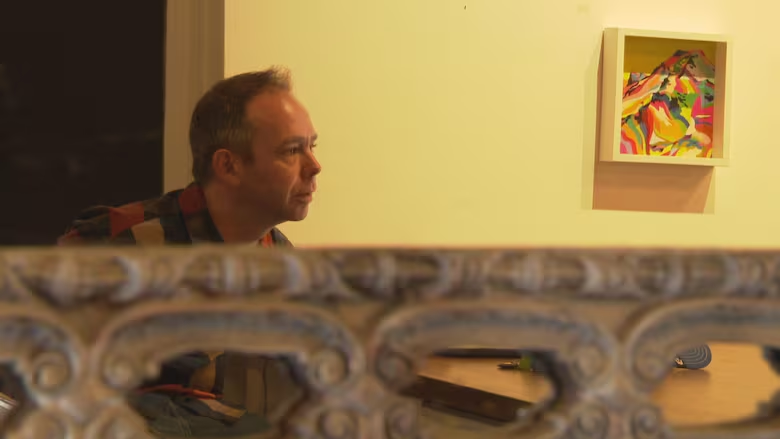Vancouver’s arts community is reacting with anger and disappointment after a city council decision many say failed to meet urgent needs. A motion aimed at increasing support for artists was passed on Wednesday, but only after major changes were made. The original proposal, developed with input from the city’s arts advisory committee, included strong actions to secure spaces for artists and increase funding.
The original motion came from Councillor Pete Fry. It asked city staff to look into adding new arts-focused roles within the city. It also called for exploring the use of a community land trust to protect creative spaces. Another key point was a 10 per cent increase to the city’s cultural operating grants. Fry hoped these changes would be in place for the 2026 budget talks.
Many artists believed this plan could help them survive in a city where living costs and rapid development are pushing them out. More than 50 artists and cultural workers attended the council meeting to show their support.
But instead of passing the motion as it was, council voted to approve a heavily edited version. The new version, led by Councillor Sarah Kirby-Yung, removed most of the concrete steps. It replaced them with a plan to form a roundtable group and to lobby higher levels of government for funding.
Kirby-Yung said her version was more likely to result in real money reaching the sector. She argued that by working with provincial and federal partners, the city could bring in more funding overall. However, many artists disagreed, calling the new motion weak and lacking real solutions.
Mark Busse, a member of the city’s Arts and Culture Advisory Committee, was one of the many disappointed voices. He said the changes ignored the hard work and personal risk taken by those who spoke out. As the producer of CreativeMornings Vancouver, Busse has long supported local artists. He said the council’s final decision felt like a “slap in the face.”
Busse added that the approved motion doesn’t go far enough to solve the problems facing Vancouver’s artists. While he admitted the original plan wasn’t perfect, he called it a good start. He also pointed out that Vancouver is home to the highest number of artists and cultural workers of any Canadian city. In 2022, the sector added more than $6 billion to the local economy. Despite that, only about four per cent of the city’s operating budget goes to arts and culture.
“Who do we want to be?” Busse asked. “Without arts and culture, we’re lost.”
Many artists feel the council missed a chance to take bold action. They say the arts are not just about beauty or entertainment, but about shaping the identity and future of the city. Without strong support, they fear that Vancouver’s rich creative scene could fade away.
For now, the motion moves forward with its new form. A working group will be set up to explore next steps, and the city will ask senior governments for more money. But for those in the creative sector, the result is a deep sense of frustration—and the belief that their voices were not truly heard.

